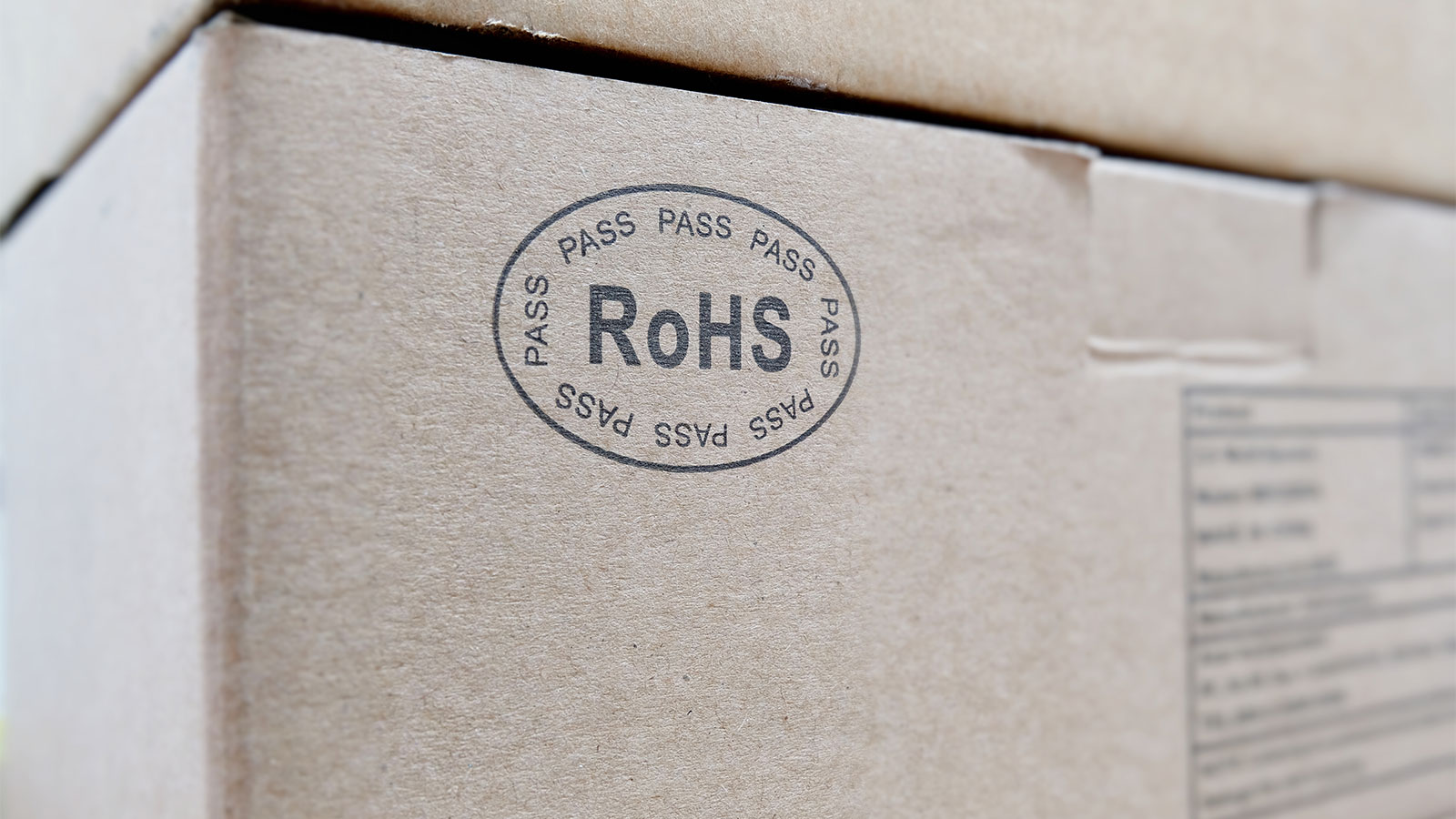
In my role in procurement, I’ve consistently seen how critical cost-saving is to the overall success of purchasing activities. By analyzing different scenarios, it becomes clear that strategic cost management plays a pivotal role in maximizing net profit.
Scenarios
Below is a detailed analysis of how different strategies impact net profit:
Analysis
- 1st Scenario: Reduce Material Costs by 10% Reducing material costs directly improves net profit without affecting sales volume, making it a more reliable strategy for increasing profitability.
- Impact: $60,000 reduction in material cost results in a $60,000 net profit increase.
- Insight: This approach has minimal risk as it does not depend on external factors like customer behavior or market conditions.
- 2nd Scenario: Increase Unit Selling Price by 10%
Increasing the unit price yields a higher profit, but this strategy depends on market conditions and customer price sensitivity.- Impact: Net profit increases by $100,000.
- Risk: Potential reduction in sales volume if customers perceive the price increase as too high. This could also affect market competitiveness if competitors maintain lower prices.
- 3rd Scenario: Increase Revenue by 10%
While increasing sales volume can generate more revenue, higher costs associated with production, marketing, and operations can offset these gains.- Impact: Net profit decreases by $10,000 despite higher revenue.
- Insight: This scenario highlights the importance of managing operational costs alongside revenue growth.
Key Takeaways
- Reducing costs directly improves profitability with lower risk.
- Price increases can boost profit but require careful market analysis to avoid losing competitiveness.
- Revenue growth must align with cost control to ensure net profit gains.
Effective cost-saving strategies in procurement not only enhance profitability but also contribute to long-term business sustainability. These scenarios demonstrate how even small adjustments in cost management can lead to significant financial outcomes.


